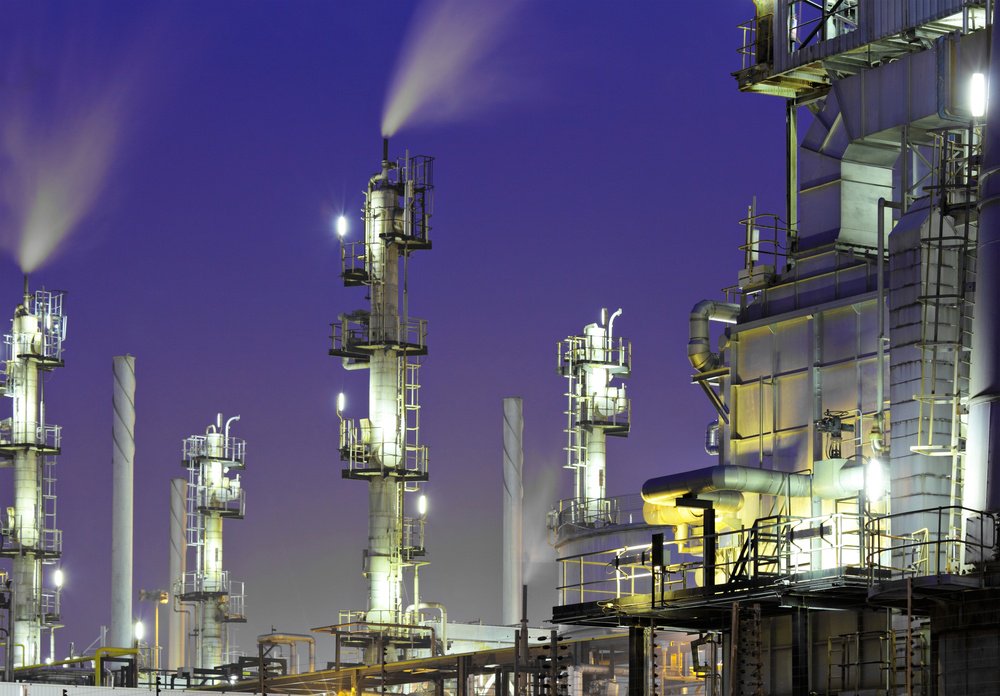After 16 years of working for the oil giant, Dar-Lon Chang said Exxon would not address climate change. So he quit the sector for good, and began a new low-carbon life.
For 16 years, Dar-Lon Chang worked as an engineer at ExxonMobil. Fresh out of graduate school, he was by all accounts exactly the type of person the company is known for hiring: smart, driven, diligent.
From his base at Exxon’s sprawling campus outside Houston, Chang helped the company maximize production at far-flung oil and gas projects, from Guyana to Qatar to America’s fracking fields.
He’d had an interest in alternative energy since his college days, and thought science and technology would blaze a path towards a future without fossil fuels. Exxon, he believed, could help lead the way. When he could, Chang tried to nudge the company along in small ways, holding out the hope that change would come.
But with each passing year, Chang watched the climate crisis grow more urgent, while the company he had devoted his career to only deepened its commitment to oil and gas. Eventually, he became disillusioned.
So in 2019, without any prospect of future employment, he resigned, packed up with his wife and daughter, who had known no home other than Houston, and moved to a net-zero community in Arvada built around environmentally-conscious living.
He had hoped to find a job in the renewable energy sector, but meanwhile, he poured himself into his new Geos Neighborhood, where residents hold monthly meetings to discuss how to lighten their load on the planet. A small herd of goats graze on undeveloped lots, the community’s fossil-free answer to weed control. A blue Nissan Leaf and a black Tesla Model 3 sit side-by-side in his garage, plugged into chargers fed by solar panels on his roof.
“I didn’t want the rest of my career to be wasted on something that I felt was making the world worse, when there was all the possibility to make things better,” he said recently.
Chang belongs to a generation of engineers, environmental scientists and computer developers who entered the fossil fuel sector just as the world was waking up to the grave threat posed by the industry’s products. While oil companies are already under pressure from investors, governments and society at large, Chang’s story reflects another emerging challenge for the industry: a younger generation of workers who are worried about climate change and their own role in determining what kind of future their children will inherit.
Oil and gas employees are under intense pressure
“We as an industry underestimate the intense pressure that oil and gas employees are under,” said Tisha Schuller, founding principal at Adamantine Energy and the former head of the Colorado Oil and Gas Association. Schuller has argued that the industry needs to engage with its growing workforce of millennials, who, she noted, are more likely to be concerned about climate change and are facing peer pressure over their work.
“I feel confident that more than half of the millennials working in the oil and gas industry are interested in seeing our industry take on an assertive, solution-oriented role,” Schuller said.
Exxon has become the corporate embodiment of the industry’s intransigence. It has remained committed to a future of expanding oil and gas production and was the last of the major multinational oil companies to adopt corporate-wide emissions reduction targets, announcing the pledge only in December. And while the company’s finances have crumbled in recent years, it remains by some metrics the largest of the Western investor-owned oil companies.
There is no evidence of any formal movement within Exxon’s ranks agitating for change. But Inside Climate News spoke with people who have worked at Exxon who expressed views similar to Chang’s.
One worker, who asked not to be named because she was not authorized to speak to the media, described a generational schism, saying she guessed that most employees under the age of 50 thought climate change was a serious issue. She recently left the company.
Another former employee, Enrique Rosero, has said in interviews that he left Exxon last year after being punished for speaking out about climate change. Exxon’s announcements in October that cratering oil prices would force it to cut thousands of jobs globally has delivered more cause for anxiety.
Exxon is not the only company under pressure. At Royal Dutch Shell, a split over how fast the oil giant should pivot towards clean energy has contributed to the departure of several executives in recent months, according to a report by the Financial Times. And BP’s chief executive, Bernard Looney, said last year that concern about climate change on the part of his workforce was part of why he announced a new direction for the company, which has pledged to reduce oil and gas production as it ramps up spending on low-carbon energy.
One of the greatest appeals of a career at Exxon, Chang said, was the chance to work on a diverse range of projects that could help supply the world with energy. But as the climate crisis grew more dire, he said, the company’s management showed no interest and resisted calls to move into lower-carbon products.
Exxon spokesman Casey Norton, responding to questions about the company’s attitude toward employees who pushed for more aggressive action on climate change, said, “We encourage an open dialogue and employees can share their ideas with their supervisors, human resources and colleagues.” He pointed to the company’s efforts to reduce its own emissions, and added that oil and natural gas will continue “to play a significant role for decades in meeting increasing energy demand of a growing and more prosperous global population.”
Read more: Colorado Sun




